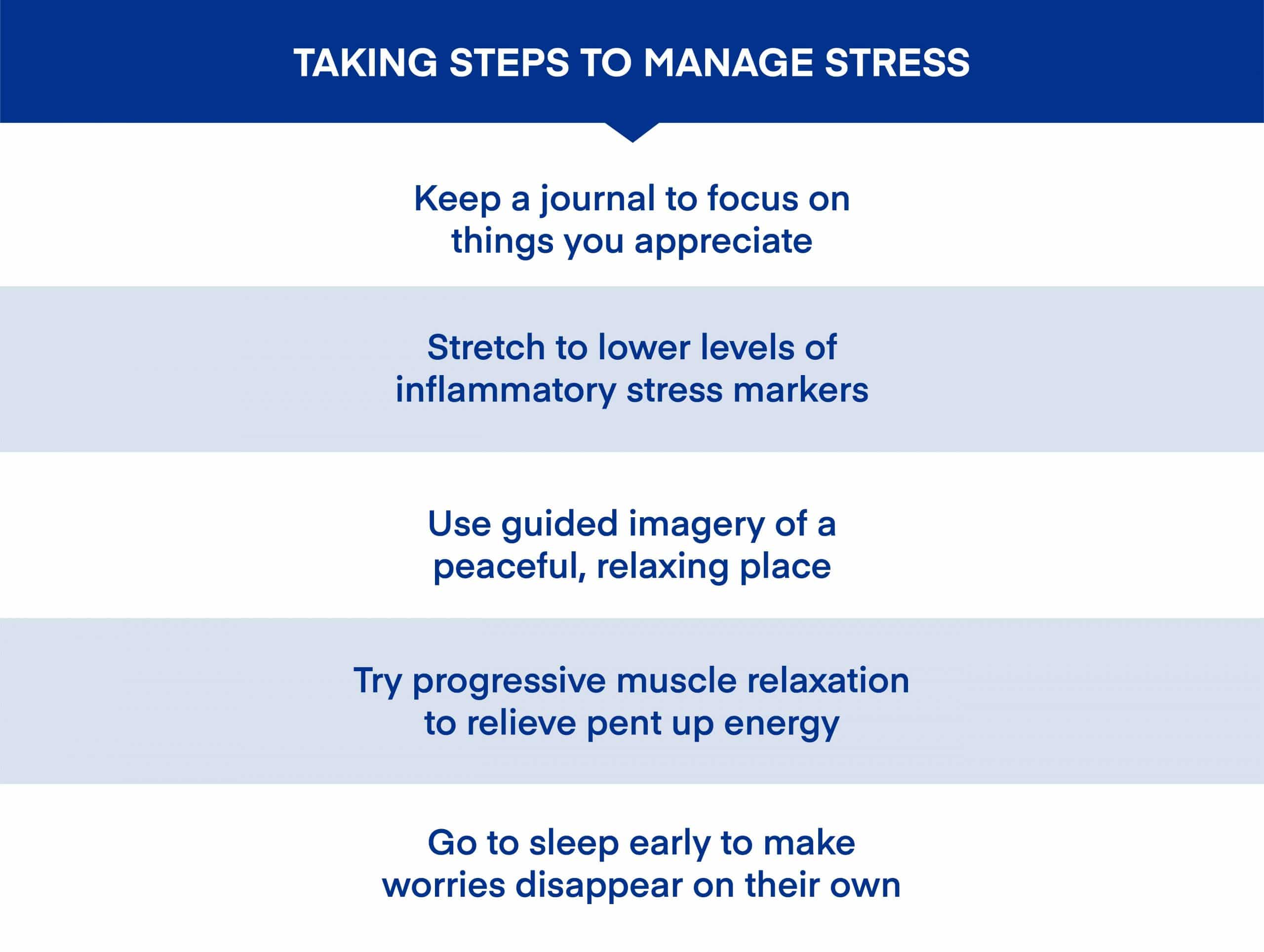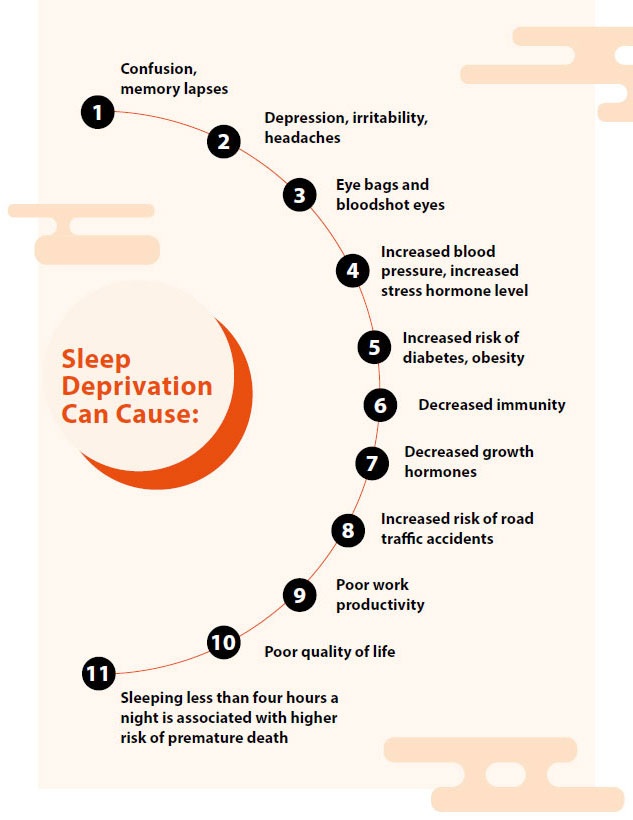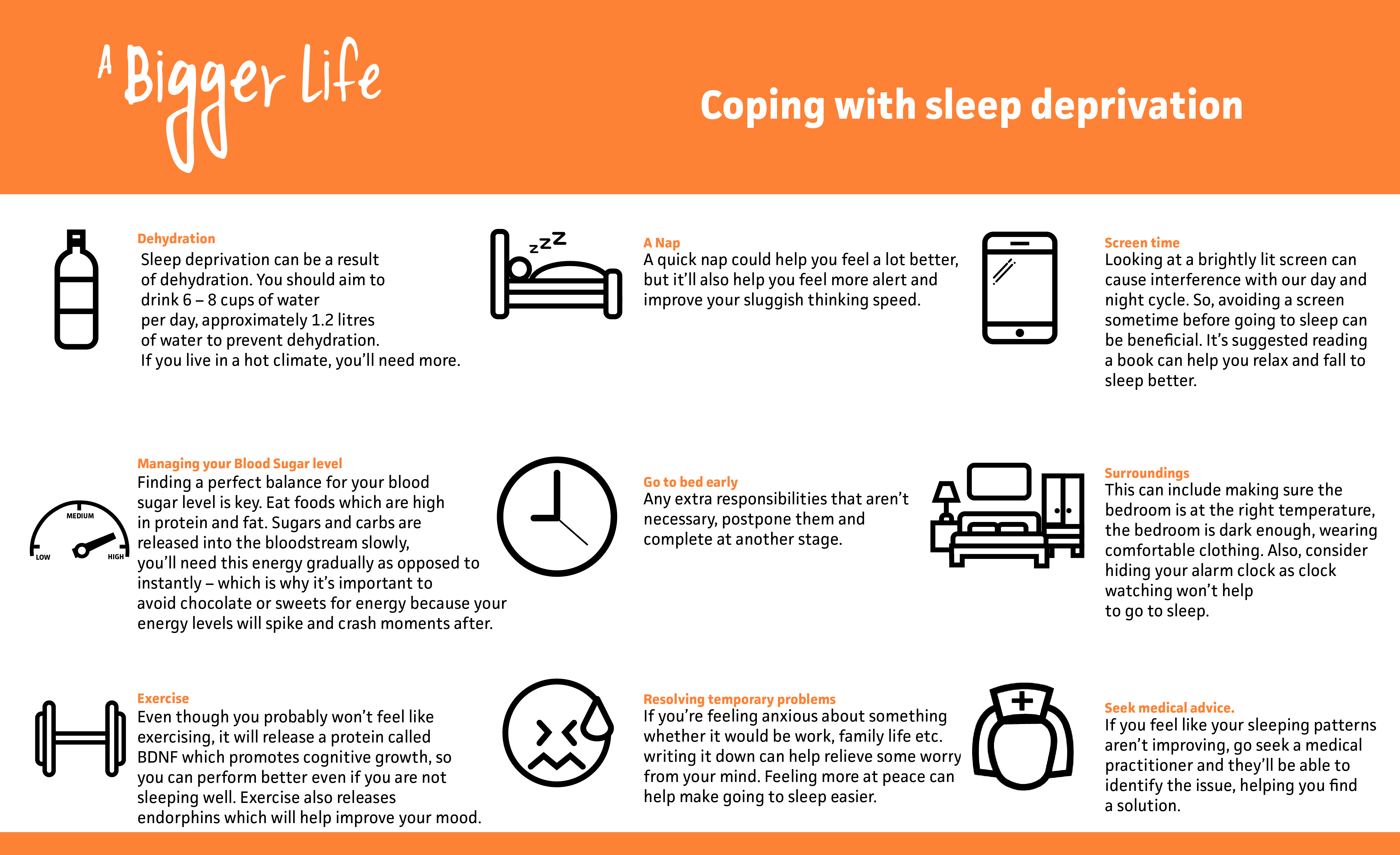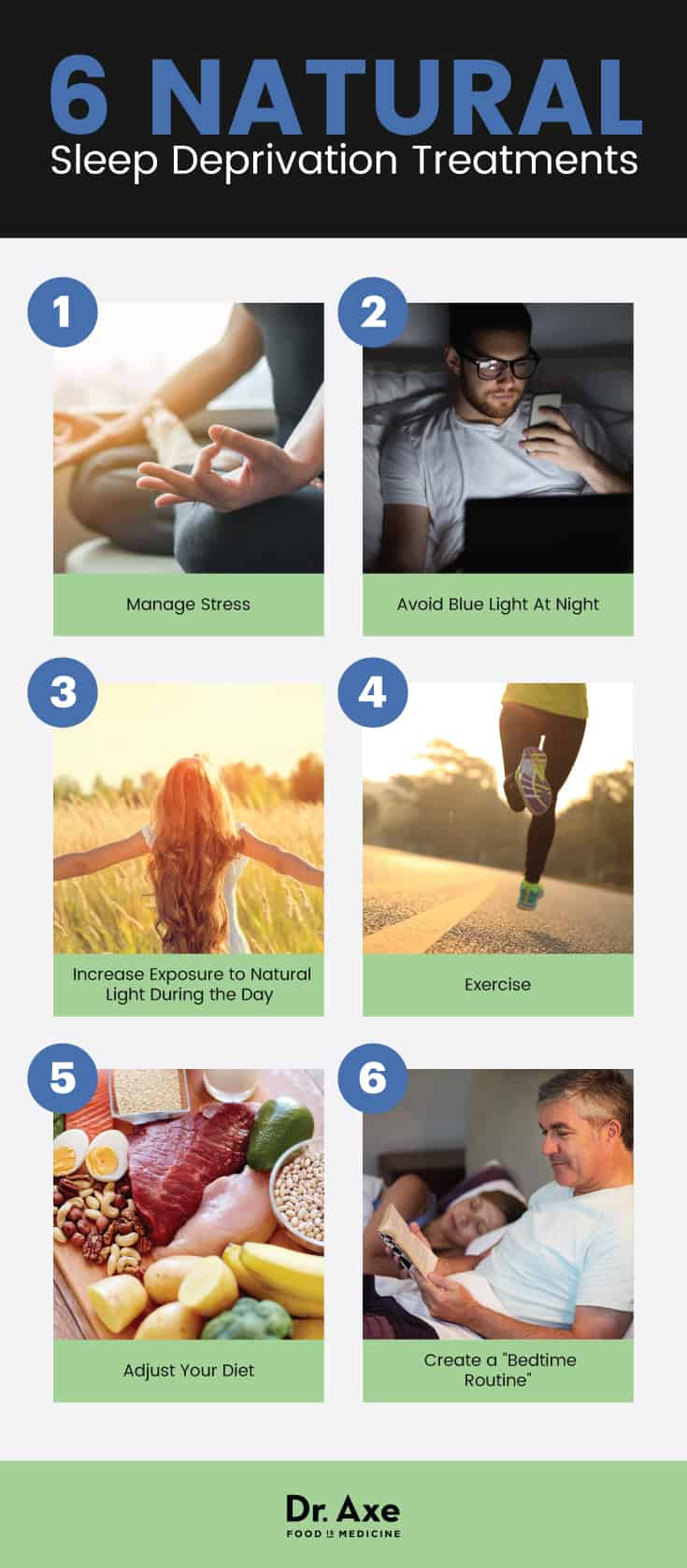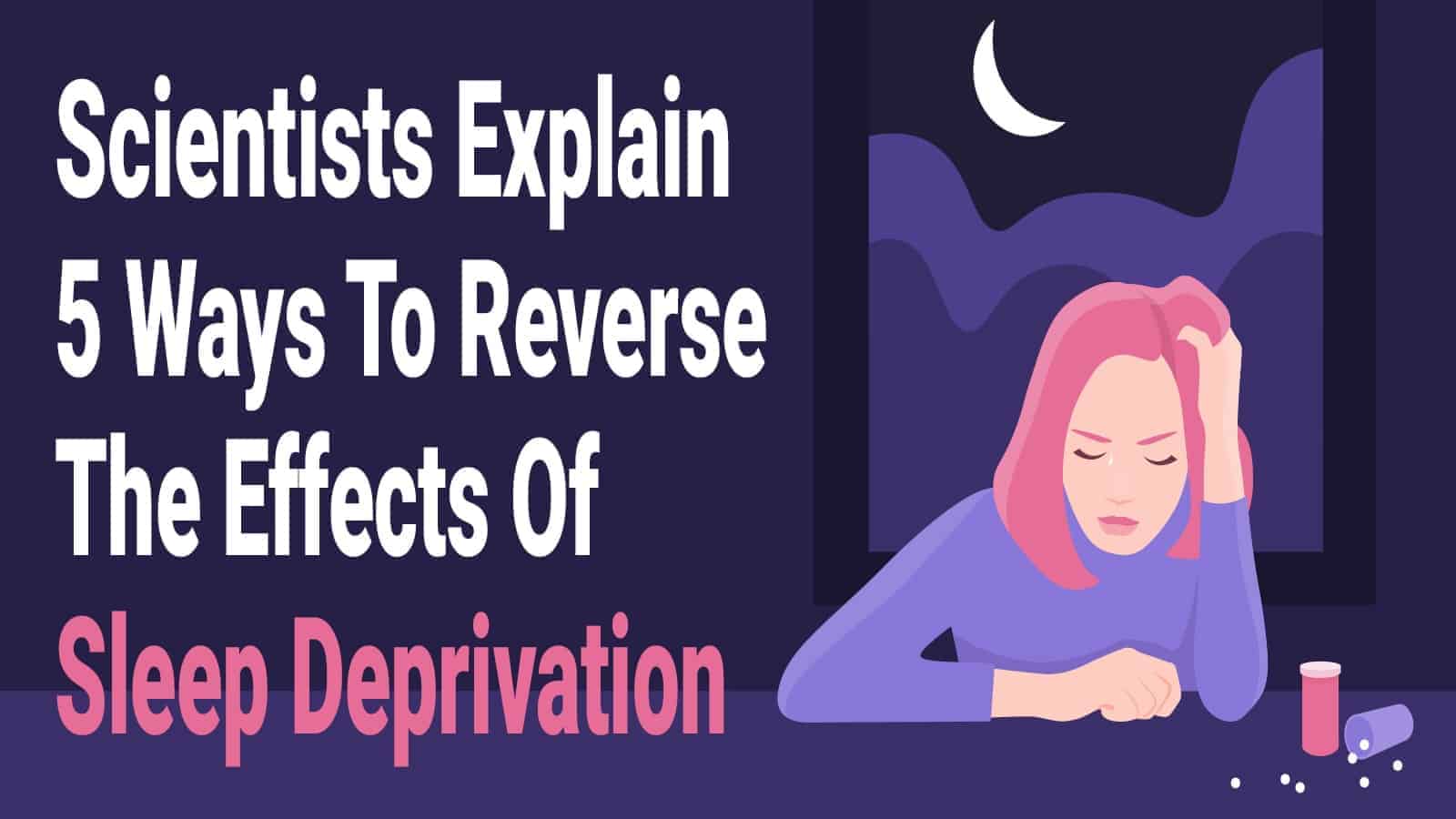Glory Info About How To Cure Sleep Deprivation

Learn how much sleep is necessary, the effects of getting too little, and tips for better sleep.
How to cure sleep deprivation. Many people get insufficient sleep because they accept sleep deprivation as normal. Changing sleep habits and taking care of any issues related to insomnia, such as stress, medical conditions or medicines, can result in restful sleep for many people. Since sleep deprivation occurs if you.
Work, family and constant access to technology often prevent people from getting enough sleep. Sleep deprivation can have negative effects on the brain and body. Exercise at least 20 to 30 minutes each day, at least 5 to 6 hours before going to bed.
To try it, start with the lips gently parted. How to cure sleep deprivation The next option to treat sleep deprivation is the opposite of sleep:
Prioritize sleep health by creating a comfortable sleep environment and keeping a consistent sleep schedule. Sleep loss from various causes is prevalent and often missed by physicians as a treatable health problem. The causes of insomnia everyone experiences trouble falling or staying asleep at some point in their lives.
There are a few ways you can try to get your sleep back on track and establish sleep hygiene habits that will help you make sure you’re getting the sleep your body needs. Can sleep deprivation be prevented? Many different life events can increase your chances of sustained sleep deprivation.
This may seem too obvious to even consider, but the best treatment for sleep deprivation is also the easiest:. These medical and psychiatric comorbidities put a. This help keep your airway open.
It's no wonder that quality sleep is sometimes elusive. Treating sleep deprivation 1. How is sleep deprivation treated?
The anxiety of not being able to fall asleep can actually make sleep deprivation worse for some people. Disruptions from noise, light, or physical pain, for example, can prevent you from spending enough time in the different stages of sleep—particularly the rejuvenating deep sleep and rem sleep stages—diminishing the quality of your rest and contributing to the symptoms of sleep deprivation. Cognitive behavioral therapy (cbt) for insomnia and other sleep disorders thought challenging in cbt behavioral techniques used in cbt for sleep disorders making therapy work for you
Sleep deprivation is when a person doesn’t get enough sleep. Practicing healthy sleep habits is key to preventing and treating sleep deprivation. There are strong associations with serious medical conditions such as diabetes mellitus & insulin resistance, hypertension, obesity, obstructive sleep apnea, depression, and anxiety.
Changes in environment or work schedule. Treatment and prevention of sleep deprivation address sleep deprivation. Ideally, preventing sleep deprivation will help keep you focused and full of energy.
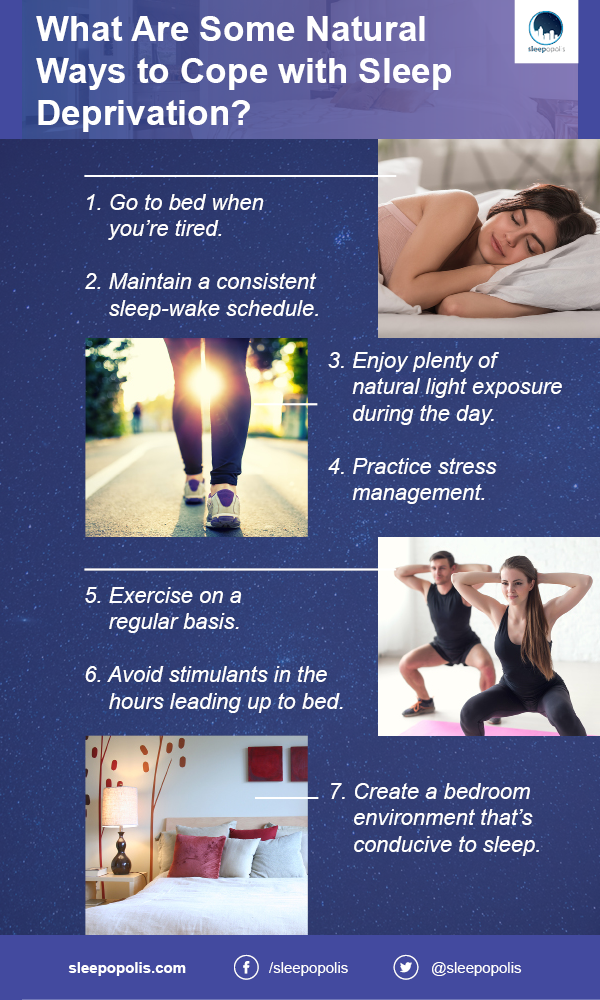
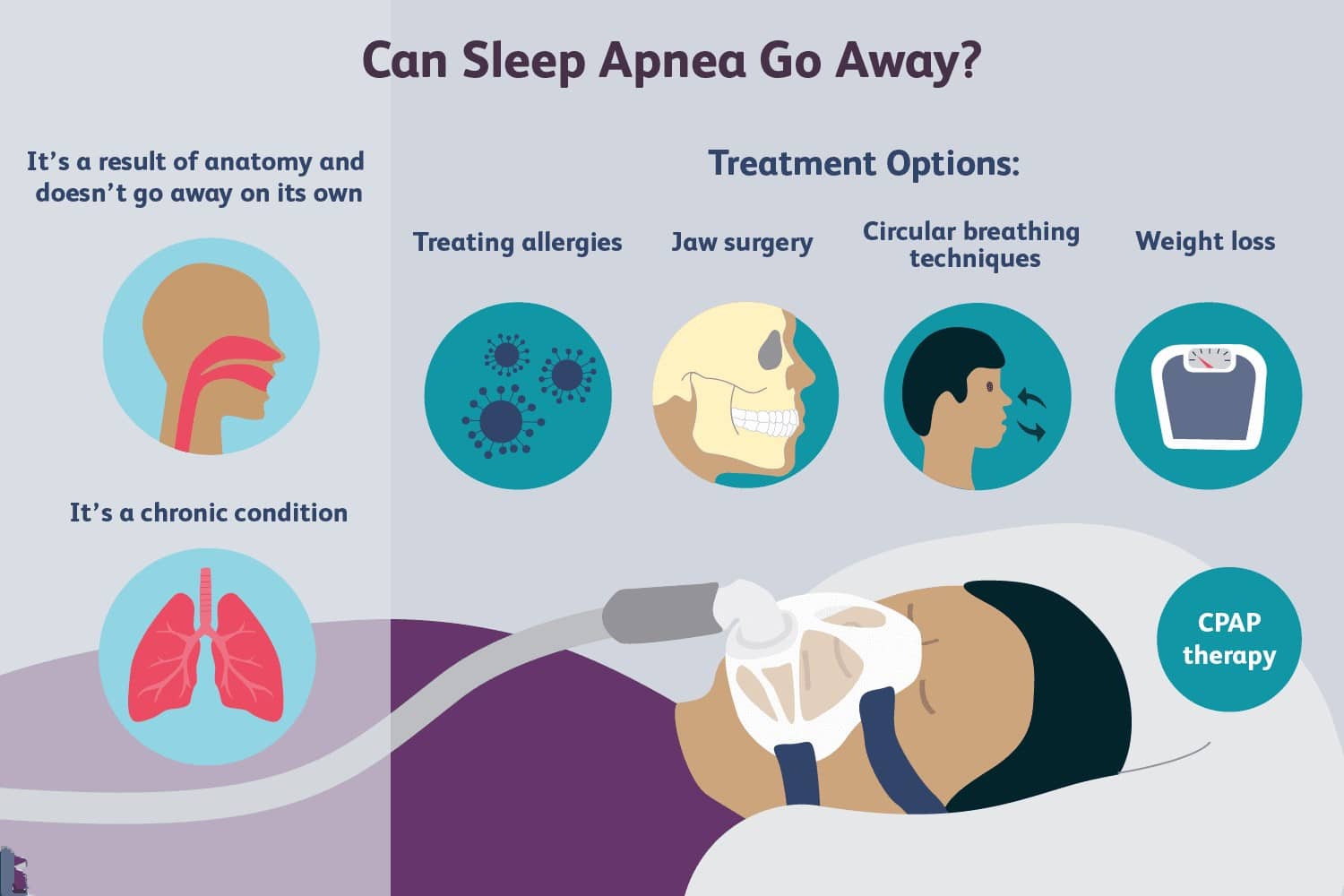

:max_bytes(150000):strip_icc()/what-are-the-symptoms-of-sleep-deprivation-3015161_color4-5b42c4ddc9e77c00374089b8.png)
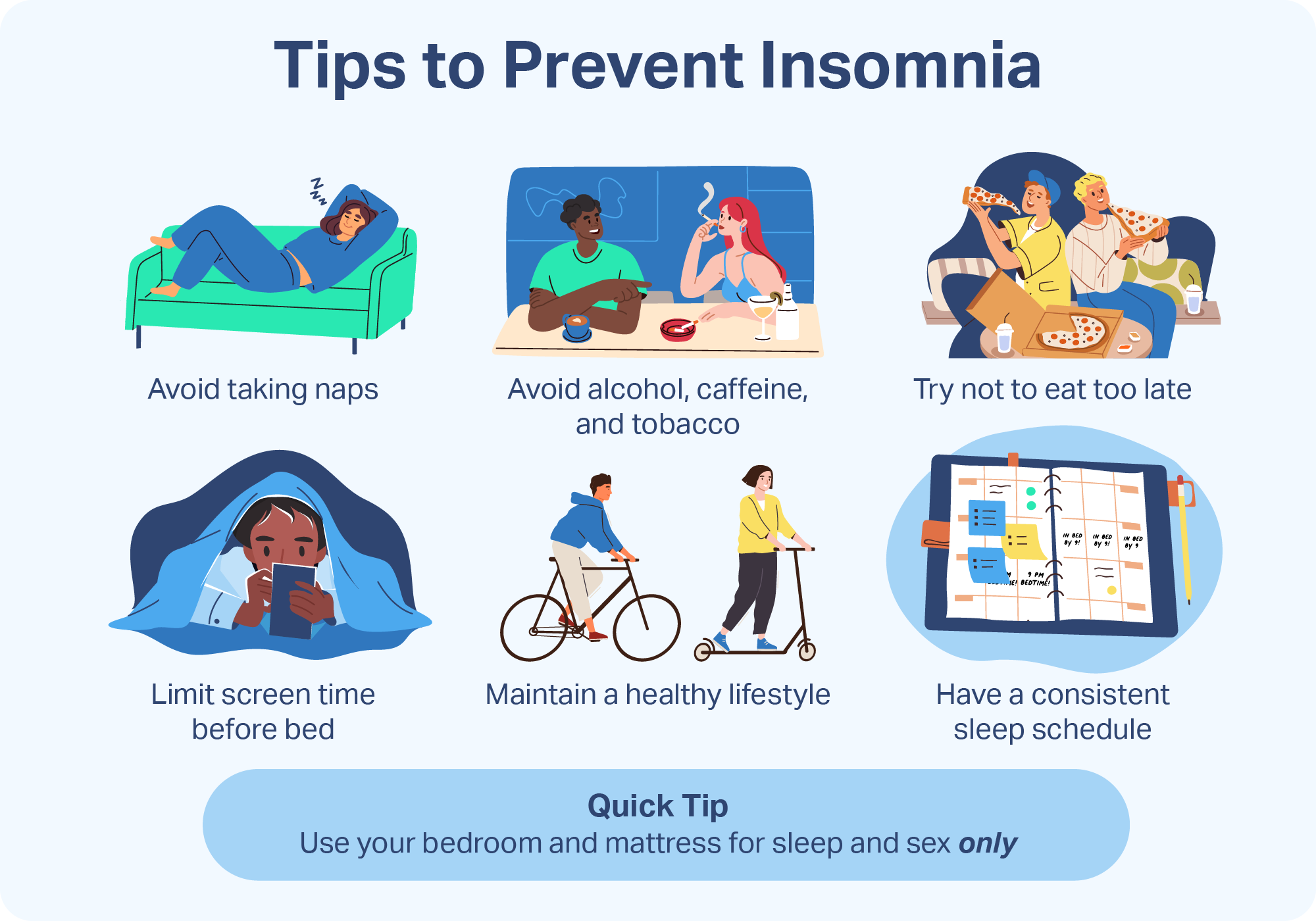
:max_bytes(150000):strip_icc()/can-sleep-deprivation-cause-hallucinations-30146691-5c82c4e7c9e77c00010c21d0.gif)

